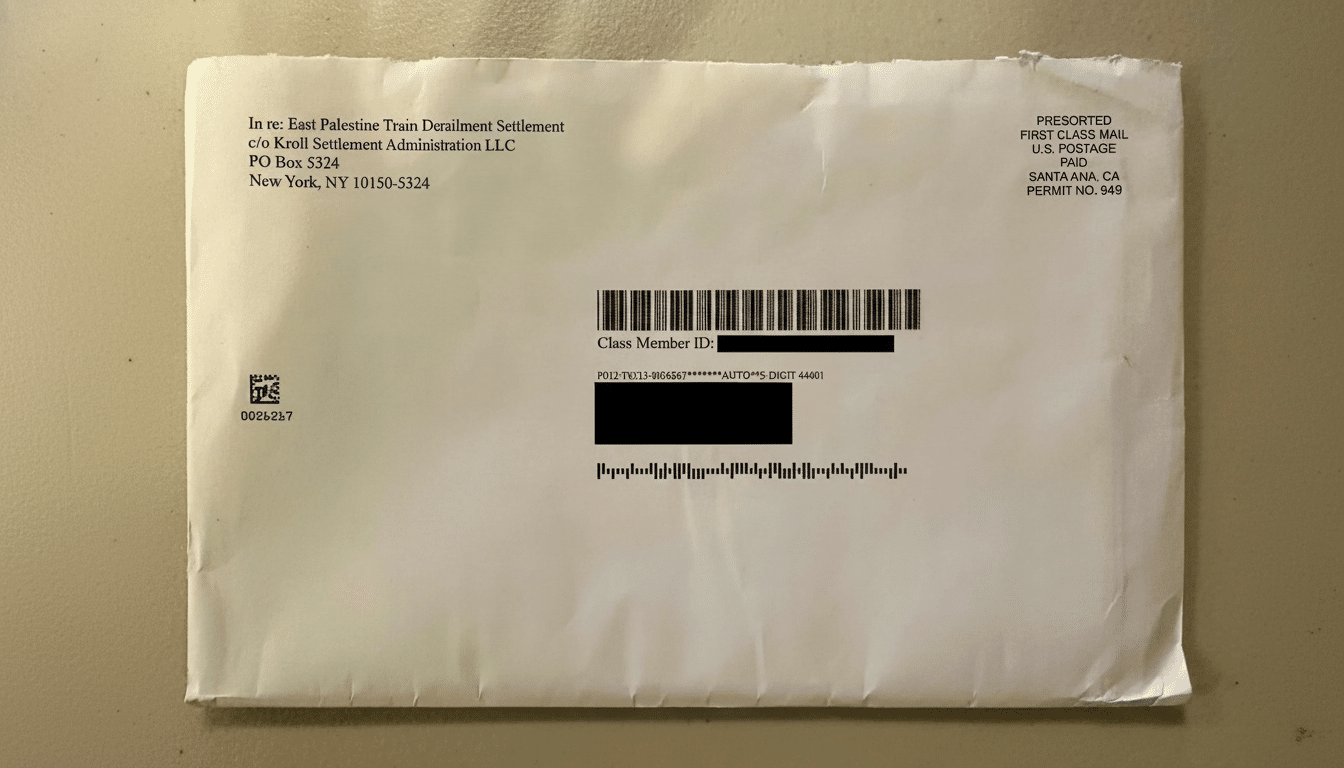If you are a current or past AT&T customer, a newly extended filing window will give you extra time to see whether you qualify for cash from a $177 million data breach settlement. The settlement is related to two different cyber incidents that compromised sensitive data, and affected customers could receive up to $7,500 in combined payments. Here’s what we know about what is covered, how to file and prepare, and other steps you can take to maximize your claim.
Who Qualifies And How Much You Could Get
The settlement is divided into two funds, managed by Kroll Settlement Administration. A $149 million fund is for customers whose personal data was compromised in an earlier incident. A second $28 million fund resolves claims by people whose call and text logs were exposed in a subsequent, distinct intrusion tied to the Snowflake ecosystem.

Payments are limited to the lesser of $5,000 from the first fund and $2,500 from the second, or a maximum total of $7,500 if you belong to both classes. Actual amounts will depend on how many people apply, and how strong each claim is. Documented Out-of-Pocket Losses are paid in full first before any remaining money is distributed pro rata to other Approved Claimants.
The Fastest Ways to File Your AT&T Settlement Claim
Qualified customers will hear from Kroll Settlement Administration by email or snail mail. The notice also provides a Class Member ID and tells the class member how to file a claim online. You can also file without the ID, relying on your AT&T account credentials and an email address. Type in your details or hand-print—whichever you prefer. If you would rather submit on paper, download and print the correct claim form; it must be mailed with a postmark by the submission date.
Send mail-in claims to: AT&T Data Incident Settlement c/o Kroll Settlement Administration LLC, P.O. Box 5324, New York, NY 10150-5324. For questions, telephone the settlement administrator at 833-890-4930.
What Documentation Will Help Boost Your Payout
To be eligible for the largest payments, you’ll need evidence of out-of-pocket losses that are “reasonably traceable” to one of the breaches. You could also submit receipts for:
- Credit monitoring or identity protection you didn’t have
- Bank and card fees related to fraudulent activity
- Costs associated with replacing a government ID
- Postage and notarization expenses for fraud affidavits
- Professional invoices for identity restoration services
Good documentation usually involves pairing a dated record (like a receipt or bank statement) with a brief explanation linking the expense to the breach. If you cannot demonstrate particular losses, you might still qualify for a smaller payment after documented claims are considered. Keep copies of whatever you send in; inconsistent or incomplete records are often cited as a reason for reduced awards in big data breach cases.

Key Deadlines, Opt-Outs, And What Happens Next
A judge has extended the claim-filing deadline, allowing customers even more time to get in on the action. The court also has established separate deadlines for opting out, if you want to sue AT&T on your own, or objecting to the terms of the settlement. The court hearing for final approval, after the deadlines close, will determine whether to grant it. Consult your notice or the official settlement website for precise dates and any changes.
Assuming the settlement is finally approved and there are no appeals that cause a delay, payments will be sent following the review of claims. Like most class actions, the timing between approval and reaping your rewards can differ, so keep an eye out for updates by the administrator.
Keep An Eye Out For Official Settlement Notices
Real settlement notices are coming from attsettlement@e.emailksa.com. The notices are going out in waves, so some customers will hear sooner than others. If you think you’re affected but have not received a notice, reach out to Kroll Settlement Administration at 833-890-4930 directly instead of responding to unsolicited calls or ads.
Be wary of impostors. You do not need to pay to file a claim, and you should never provide personal information in response to social media posts or random text messages. When in question, use the contact information here or in your official notice.
Why This Matters To Consumers And Their Privacy
Telecom data can be particularly sensitive — a merging of identity information with details about calls and texts. Consumer advocates and regulators, including the Federal Trade Commission, have been warning for years that such data can be misused for account takeovers, phishing and identity theft. This agreement delivers that money right back to consumers and gives us a financial incentive to make the industry more secure.
Bottom line: If you received a warning — or believe you’re eligible — file a claim as soon as you can, collect receipts for actual expenses and closely follow directives from Kroll Settlement Administration. You still have time to pursue up to $7,500 now that the deadline has been pushed back — but only if you work swiftly and get in before this court’s final cutoff.

